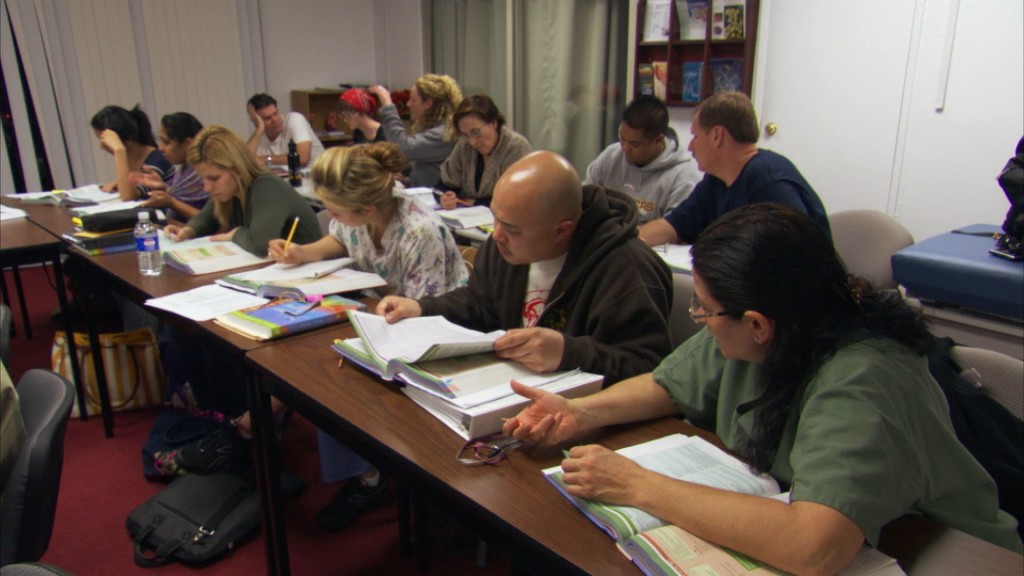Joe Nocera on Why We Need For-Profit Colleges

September 19, 2011
Share
In recent weeks, for-profit colleges and universities have seen some bad news, including a federal lawsuit alleging fraud at EDMC, the second-largest for-profit company, and a sharp decline in new enrollments across the industry.
But Joe Nocera argues in yesterday’s New York Times Magazine that the industry’s problems have led many critics to the wrong conclusion — “that the only way to ‘fix’ for-profit education is to get rid of it entirely,” and that new regulations to tighten oversight are “cumbersome, complicated — and more than a little punitive.”
Nocera writes:
To start with the obvious, a college education has never been more necessary for a decent life in America. Many manufacturing jobs now demand a level of skill and education that virtually requires a college degree. A lot of white-collar employers won’t even consider a job applicant who hasn’t graduated from college.
And yet for the poor and the working class, that education is not easy to attain. State university systems have become increasingly expensive. Community colleges are terribly overcrowded. The schools most capable of meeting the country’s growing education needs are the for-profits. …
What’s more, the traditional university isn’t really set up to educate a person who has a full-time job. The for-profits can offer class times that are convenient for students, rather than for professors. They can offer online classes, which many traditional universities have been reluctant — or unable — to dive into. They pay professors to teach, not conduct research. A well-run for-profit college could teach its nonprofit counterparts a thing or two about efficiency and innovation.
Read the full article here.
Related Documentaries
Latest Documentaries
Related Stories
Related Stories
Explore
Policies
Teacher Center
Funding for FRONTLINE is provided through the support of PBS viewers and by the Corporation for Public Broadcasting, with major support from Ford Foundation. Additional funding is provided the Abrams Foundation, Park Foundation, John D. and Catherine T. MacArthur Foundation, Heising-Simons Foundation, and the FRONTLINE Trust, with major support from Jon and Jo Ann Hagler on behalf of the Jon L. Hagler Foundation, and additional support from Koo and Patricia Yuen. FRONTLINE is a registered trademark of WGBH Educational Foundation. Web Site Copyright ©1995-2025 WGBH Educational Foundation. PBS is a 501(c)(3) not-for-profit organization.






















